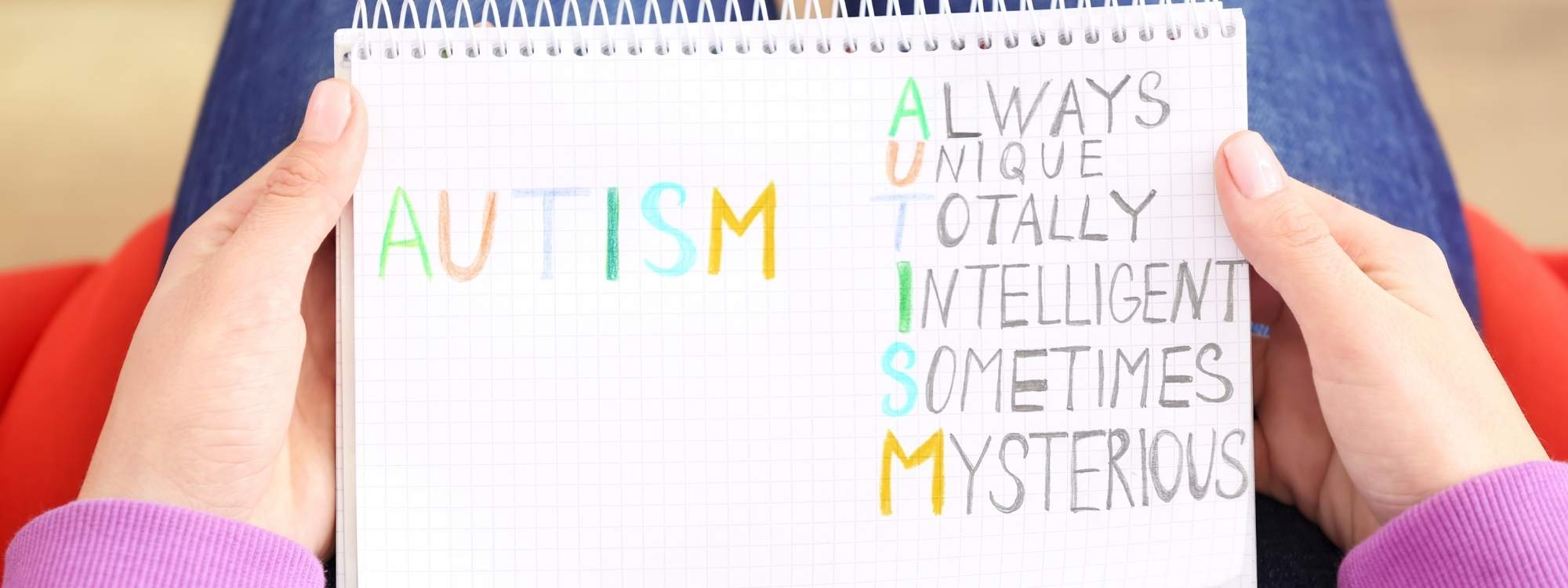What Age Do Kids With Autism Start Talking? Key Insights
One of the most common questions parents ask after an autism diagnosis is: “Will my child talk?” Speech development in autistic children varies widely, and while some begin speaking early, others may not develop verbal communication at all. Understanding when kids with autism start talking involves more than just tracking age; it means looking at early development, language skills, and the importance of timely intervention. This guide explores how speech and language unfold in children with autism and what families can expect.
Introduction to Autism Spectrum Disorder
Autism Spectrum Disorder (ASD) is a developmental condition that affects communication skills, behavior, and social interaction. One of the earliest signs of autism in young children is a delay in spoken language or nonverbal communication.
Unlike developmental delays in other children, language delays in autistic children are often accompanied by differences in social development, such as limited eye contact, lack of joint attention, and minimal use of gestures like pointing or waving. Recognizing these early signs allows parents to seek early intervention services, which are key to improving outcomes.
While some children with autism develop speech on a typical timeline, many begin talking later. Understanding your child’s communication style, whether verbal, nonverbal, or somewhere in between, is crucial to supporting their growth.
Language Development in Autistic Children
Language development in autistic children is highly variable. Some children may develop a large vocabulary but struggle with using it in social settings, while others may remain nonverbal and rely on gestures or assistive devices.
Key factors that influence language development include:
- Cognitive ability – Higher receptive language and attention skills often support speech.
- Social engagement – Children who initiate joint attention and respond to social cues may develop speech more readily.
- Early support – Interventions like speech therapy and AAC tools can significantly boost language outcomes.
Nonverbal communication often precedes spoken language. Many autistic children begin by using:
- Body movements such as pointing or leading
- Facial expressions to show emotions
- Sounds or vocalizations without forming clear words
A 2013 study published in the Journal of Autism and Developmental Disorders found that most children who were nonverbal at age 4 developed useful speech by age 8, especially those who received early language support.
Cognitive Ability and Autism
Cognitive skills and speech are closely connected in children with autism. While language delays are common, they don’t always indicate an intellectual disability. Many children with autism demonstrate strengths in specific cognitive areas like memory, logic, or pattern recognition.
Verbal communication often reflects a child’s broader cognitive ability. For instance, children who understand simple instructions, recognize familiar voices, or follow routines may be more likely to develop speech over time.
Early language development, even producing single words, can be a promising sign. Studies suggest that words predict cognitive ability in young children, meaning that even minimal speech in early childhood is linked to higher later developmental outcomes.
However, some children with strong cognitive abilities still struggle with verbal language due to motor planning issues or sensory challenges. That’s why individualized interventions that target both cognitive and speech goals are so important.
Developmental Milestones and Autism
Tracking developmental milestones helps caregivers understand where their child is thriving and where extra support may be needed. Children with autism often achieve milestones on a different timeline, especially those related to language, social interaction, and play.
Key milestones often delayed in autistic children include:
- Babbling by 12 months
- Gesturing (pointing, waving) by 12–15 months
- Single words by 16 months
- Two-word phrases by 24 months
Children who do not meet these milestones may need a comprehensive developmental evaluation. It’s also important to monitor non-language milestones, such as pretend play and joint attention skills, which are strong predictors of later language development.
Delays in these areas don’t necessarily mean a child won’t talk, but they do signal the need for early support.
Early Intervention for Children with ASD
Early intervention is one of the most powerful tools for promoting language development in children with autism. The earlier services begin, the more likely they are to impact communication skills, social behavior, and cognitive growth.
Common early intervention strategies include:
- Speech therapy to target expressive and receptive language
- Occupational therapy for fine motor and sensory regulation
- ABA therapy to reinforce communication through behavior strategies
- AAC (Augmentative and Alternative Communication) tools like PECS or speech-generating devices
Research from the Autism Research Institute shows that children who begin receiving services before age 3 are significantly more likely to develop verbal skills than those who start later.
Even children who are nonverbal at age 4 or 5 can make significant progress with the right combination of therapies. Support should always be tailored to the child’s communication style and developmental level.
How Autistic Children Talk
Not all children with autism communicate in the same way. Some develop fluent verbal speech, while others use a mix of spoken language, gestures, and AAC tools. Some may use echolalia (repeating words or phrases), scripting (repeating lines from books or shows), or invent their own phrases to communicate.
Here are some of the common ways autistic children may communicate:
- Spoken language: Full sentences, short phrases, or single words
- Gestures: Pointing, touching, or using hands to guide
- Facial expressions: Smiling, frowning, or eye movement to convey emotion
- AAC devices: Tablets or picture cards to select words
- Sounds or vocalizations: Humming, yelling, or repeating syllables
Understanding your child’s preferred method of communication is essential. Communication is not just about talking, it’s about being understood and connecting with others.
Children with Autism and Adaptive Skills
Adaptive skills include basic self-care, social functioning, and problem-solving in everyday life. Many autistic children need support in these areas, especially if they have delayed language development.
Common adaptive skill challenges include:
- Following daily routines (e.g., dressing, brushing teeth)
- Understanding social rules (e.g., turn-taking, greetings)
- Responding to sensory input (e.g., noise, textures)
Improving language can enhance adaptive functioning. When children can express needs, understand instructions, and follow routines, they are more likely to gain independence and reduce frustration-related behaviors.
Therapies that target both speech and daily living skills offer the most comprehensive support. Parents can help by reinforcing new skills at home and collaborating with therapists and teachers.
Conclusion
There is no single answer to what age do kids with autism start talking. Some speak early, others develop speech later, and some may always rely on nonverbal communication methods. What matters most is identifying the child’s needs early, providing tailored support, and celebrating every step forward in communication. With the right intervention and a supportive environment, many autistic children develop meaningful ways to express themselves, spoken or not.
Concerned about your child’s speech development? At Champions ABA, we provide early, personalized intervention to support language and communication in children with autism. From speech milestones to AAC integration, our team is here to guide your family every step of the way. Call (877) 242-1744 or visit our website to learn how we can help your child find their voice.
FAQs
How to know if an autistic child will talk?
While no test can predict speech development with certainty, positive indicators include babbling, using gestures, making eye contact, and responding to sounds or names. Early communication attempts often suggest a potential for speech with support.
At what age do autistic kids talk?
Some autistic children begin talking around age 2–3, while others start later. Many children with delayed speech develop verbal communication by age 4–6, especially with early intervention.
Will my 3-year-old autistic child ever talk?
Many autistic children who are nonverbal at age 3 go on to develop speech, particularly with speech therapy and AAC support. Progress varies widely, but age 3 is still within the critical period for language development.
At what age do autistic kids become normal?
Autistic children do not become “normal,” they develop in their unique ways. Autism is a lifelong neurodevelopmental condition, not something to outgrow. With the right support, autistic individuals can thrive and succeed on their terms.



